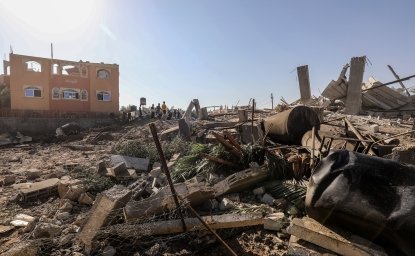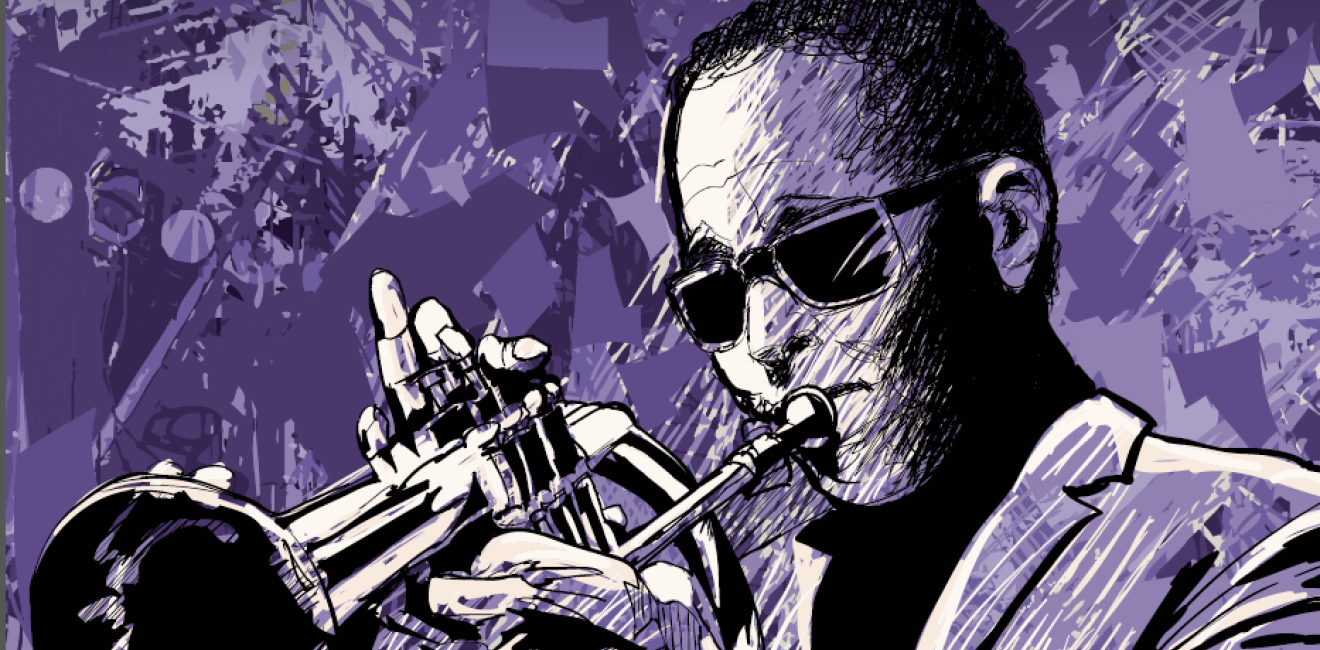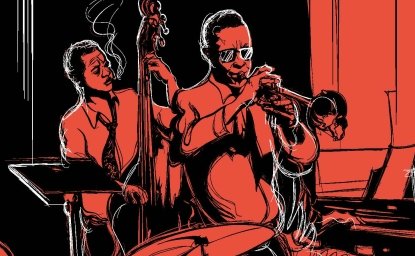In 2012, the Urban Sustainability Laboratory began posting short essays by Director Blair A. Ruble about the themes of community, governance, and transparency in cities. By 2015, a sufficient number had appeared to be gathered in Performing Community: Short Essays on Community, Diversity, Inclusion, and the Performing Arts. This first collection included twenty-one essays focusing on the role of the performing arts in community building around the world. The second collection added nineteen more recent essays expounding on these previous themes to examine the impact of enduring change, the importance of mobility and equality, and the role of the arts in community making.
The following third and final installment of Performing Community seeks to reverse the causal arrows in the relationship between community and the arts by focusing on artistic visionaries who are also community creators. This series highlights the work of visionaries for whom creating communities of students, protégés, audiences and donors has become a strategic element in transforming their arts.
Praise for Performing Community 3:
In Performing Community 3, Blair Rubble of The Wilson Center has written compelling profiles of artistic visionaries from around the world who are also community creators. What a chest of treasures! The individual stories are uplifting and the larger power of the arts to repair and strengthen the human web is affirming. And these essays are part of that web. Go swim in these wonderful stories, find these visionaries and their art, and become a community creator yourself. —Mark Nepo, author of More Together Than Alone and Seven Thousand Ways To Listen.
Performing Community 3 by The Wilson Center on Scribd
Author

Former Wilson Center Vice President for Programs (2014-2017); Director of the Comparative Urban Studies Program/Urban Sustainability Laboratory (1992-2017); Director of the Kennan Institute for Advanced Russian Studies (1989-2012) and Director of the Program on Global Sustainability and Resilience (2012-2014)

Urban Sustainability Laboratory
Since 1991, the Urban Sustainability Laboratory has advanced solutions to urban challenges—such as poverty, exclusion, insecurity, and environmental degradation—by promoting evidence-based research to support sustainable, equitable and peaceful cities. Read more

Explore More
Browse Insights & Analysis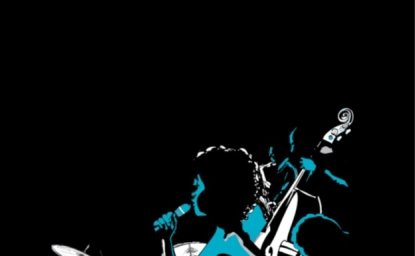
Performing Community
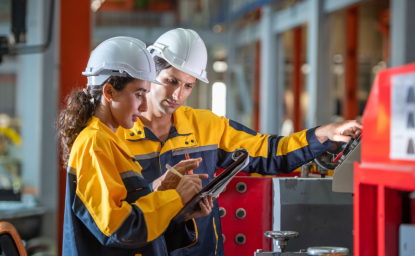
Apprenticeships Are an Overlooked Path to Upward Mobility
